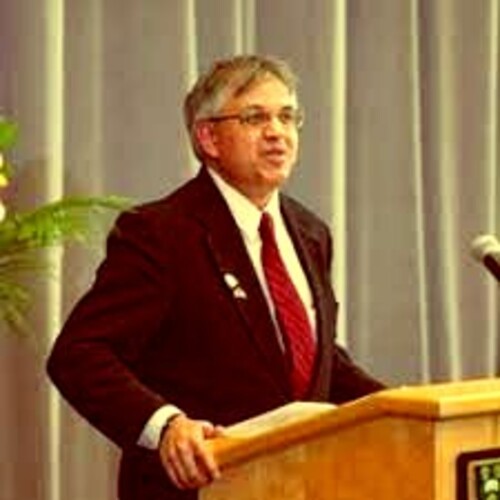Characteristics of Inspiring Leaders


Inspired leaders never lose hope, even in the most difficult of circumstances. Inspiring leaders can find the silver lining in every cloud. They stay optimistic in facing difficulties and failures and can inspire others to do the same. Moreover, they can be characterized by three key characteristics that set them apart from ordinary leaders: curiosity, inclusiveness, and honesty.
Characteristics of inspirational leaders
Characteristics of inspirational leaders include the ability to listen and understand the struggles of others. They do not multitask during meetings or make rushed decisions. Instead, they respond to the concerns of others with words that convey that they have heard them. They also demonstrate their values by staying true to their word and delivering on commitments. They also show that they care about the work and well-being of their team members.
Inspirational leaders have strong beliefs in a better future. They paint a concrete picture of it and inspire others by sharing their experiences. They also have a plan for transforming that vision into reality. For example, Ronald Reagan was a master at giving hope to people. He was president in the late 70s when high inflation and interest rates led to much discouragement among Americans. Some said things would never get better.
Inspiring leaders to understand their values and follow them wholeheartedly. They are emotionally intelligent, decisive, and strategic, bringing out the best in others. For example, Winston Churchill inspired people throughout his life because he remained hopeful in the face of overwhelming odds and painted a picture of a heroic nation.
Inclusiveness
Inclusive leaders demonstrate courage in two ways: They are not afraid to question the status quo and display humility. They recognize their limitations and seek input from others. For some leaders, this is hard to do. Instead, inclusive leaders set the stage for success by establishing a shared vision and fostering a culture where people are encouraged to find meaning in their work.
To build an inclusive culture, inspirational leaders begin by building a personal connection to the people around them. This starts with a commitment to openness and communication about one’s experiences and upbringing. It then continues with conversations about the needs of others and, ultimately, with actions that are both visible and meaningful.
Inclusive leadership is crucial in today’s business environment. It can transform an uninspiring, demotivating culture into a thriving one. It uses team members’ differences to spur collaboration, support initiative, and foster a sense of ownership. It’s also highly persuasive and inspires individuals to achieve extraordinary results.
Curiosity
Curiosity is a powerful tool that inspires innovative thinking. It helps build relationships and fosters collaboration. Curiosity also fosters a solution-oriented culture. Therefore, it’s essential to model curiosity in your team. A culture of curiosity is the hallmark of an inspirational leader. To inspire curiosity in others, you must first develop it yourself.
The entrepreneurial spirit in curious leaders leads them to take risks and challenge the status quo, which leads to higher productivity, better work-life balance, and increased business opportunities. According to Erik Wahl, a motivational speaker and author of the TED Talk, “What got you here will not get you there,” curiosity is the driving force for innovation.
Curiosity also helps leaders solve problems creatively. They are visionaries and often have overarching goals. Their passion for creative problem-solving enables them to empower others.
Honesty
Honesty is one of the essential characteristics of an inspirational leader. It is the quality that people most trust in a leader. For example, many people say they can trust Oprah Winfrey, but people are much less likely to trust someone dishonest.
Honesty also allows a leader to inspire others, allowing them to follow. Honest leaders engage the people in decision-making and search for opportunities to improve the organization. Honest leaders don’t hesitate to experiment, and they inspire others to follow suit.
Honesty helps inspire people by infusing energy into others’ work. They do this by communicating a concept or vision. Presenting it with enthusiasm and sincerity makes a concept real, merging the expectation with the vision. Honesty also improves a leader’s credibility, which is integral to leadership. Honesty is built through personal understanding, an open mind, and the ability to speak the truth.
Honesty also shows people that an inspirational leader has personal competence. They may share success stories and real-life case studies to inspire others. Honesty also helps to build trust in a team.
